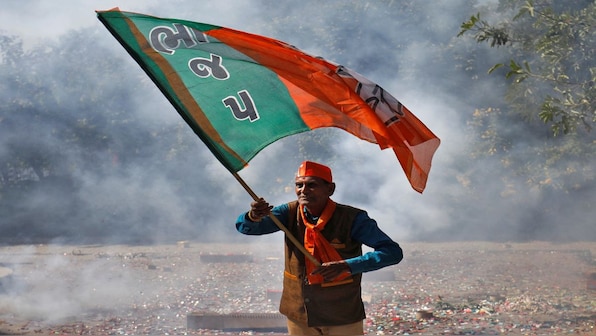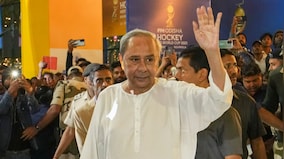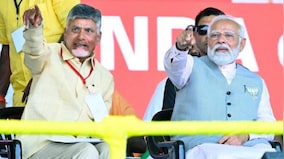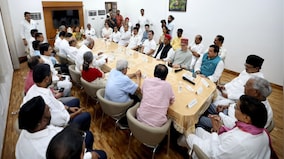The Bharatiya Janata Party (BJP) polled almost 69 lakh more votes in the 2024 Lok Sabha election than it had in the 2019 iteration. Its vote share back then stood at 37.7 per cent of the total valid votes polled in the Lok Sabha election. This share was 36.56 per cent of the valid votes polled in the recently concluded Lok Sabha polls.
In terms of absolute votes, the BJP polled 22.90 crore (22,90,76,879) votes in 2019. It increased to 23.59 crore (23,59,73,935) votes.
This means that despite polling 68,97,056 more votes than the previous Lok Sabha polls, the difference of 0.76 percentage point in vote share cost the BJP 63 seats in the Lok Sabha.
Going by the narrowest margins of defeat for the BJP candidates, an additional 6.1 lakh votes distributed favourably over these constituencies would have won the ruling party a majority of its own for the third consecutive time in the national elections.
Of course, this is just a theoretical proposition.
Here’s how this arithmetic would have worked for the BJP, which now finds itself dependent on its allies to form and run the Modi 3.0 government smoothly — two of whom, namely Nitish Kumar and N Chandrababu Naidu are veterans of coalition politics since the 1990s while Prime Minister Narendra Modi would be heading his first coalition government when his party failed to secure a majority of its own in state or at the Centre.
The table below shows how the BJP lost 32 seats — that might have pushed the BJP’s current tally of 240 to 272, a majority mark in the 543-member Lok Sabha — to its rivals.
The BJP lost five Lok Sabha seats with margins of less than 5,000 votes and eight seats with margins of less than 10,000 votes. The party lost 16 Lok Sabha seats where margins were less than 20,000 votes. At the next 16 seats, the BJP’s margins of losses were less than 35,000 votes.
To put in perspective, the average margin deciding Lok Sabha seats in this election was around 1.5 lakh votes. Thus, the BJP lost its majority in the Lok Sabha by less than one-fourth of the average margin in the parliamentary election.
In simple arithmetic, an additional 6,09,639 votes could have theoretically given the BJP a majority on its own in the Lok Sabha.
For record, the BJP’s Indore candidate Shankar Lalwani won his seat by a margin of 11.2 lakh votes while Shivraj Singh Chouhan won the Vidisha seat for the party by a margin of over 8.2 lakh votes.











)
)
)
)